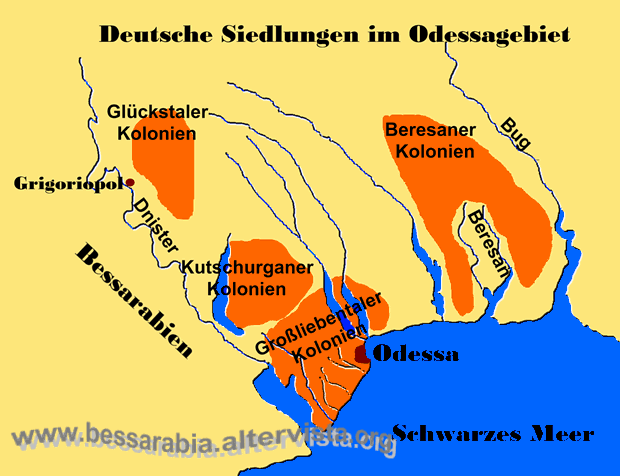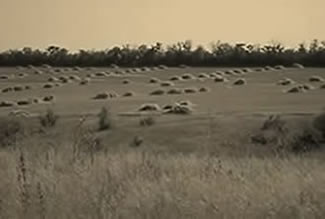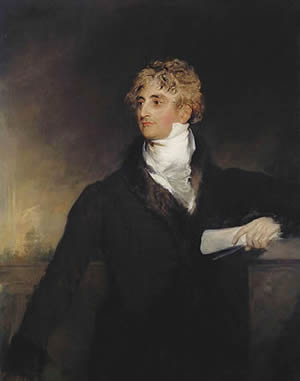![]()
![]()
The emigration of Germans into the Black Sea region

German settlements in the Odessa area

near Odessa
The Großliebental area was founded between 1804-1810. The area lay approximately 20 km south west of Odessa. Most of the settlers came from Württemberg and the others from Prussia, Baden, Rhineland and Alsace.
The oldest colony Großliebental (today Welikodolinskoje) was the center of the German-populated district to which the following colonies belonged: Lustdorf (Tschernomorka), Kleinliebental (Malodolinskoje), Alexanderhilf (Dobroalexandrowka) Neuburg (Nowogradowka), Mariental (Marjanowka), Josefstal (Jossipowka) and Peterstal (Petrodolina).

Duke Richelieu
Großliebental belonged to the villages of the "Protestant-Catholic mixed village group." The colony was the oldest German settlement in the Odessa area.
Rumor has it that the settlement was given the name by the Governor the Duke Richelieu1. This apparently happened because the Duke particularly liked the settlement.
During Stalin's repressions from 1937 to 1938 approximately 350 people were arrested and deported. 294 of them were tortured in the Odessa prison and then executed.

Rumanian soldiers
From 15 September 1941 to 26 March 1944 the territory was occupied by the Romanian troops during the german invasion of World war two. Once again the colony was re-asigned.
In March 1944 the German population (around 3410) moved out with the retreating German army to Warthegau (Poland) having to cross Romania and Hungary to get to their final destination.
The history of the colony Grossliebental ended here. The place was repopulated and called Welikodolinskoje.
1 Armand-Emmanuel du Plessis, Duc de Richelieu (* 25 September 1766 in Paris; † 17 May 1822) was a prominent French statesman, diplomat and royalist. He was the son of Louis Antoine du Plessis, duc de Fronsac and grandson of King Louis XV of France's favorite, the Maréchal de Richelieu who was a great-greatson of cardinal Richelieu.
In 1790 the queen Marie Antoinette ordered him to go to Vienna to discuss the recent events of the French Revolution with her elder brother, the Holy Roman Emperor and ruler of the Habsburg lands Joseph II. However, Richelieu couldn't speak with his brother because he died before he arrived.
Richelieu still remained at Vienna. For his stay abroad Richielieu was writing to the list of émigrées (French term given to the royalist and Protestant fugitives who fled during the revolution of 1789).
Later he signed on with the Russian Army and participated in the taking of Izmail, receiving by the Empress Catherine II the Cross of the Order of St. George and a gold sword.
Czar Alexander I, Catherine II's successor, for the brief interlude of Paul I, he offered to émigrées officer jobs in the army. Richelieu agreed, reaching the flattering rank to Major General. At the Russian government's request his name has been deleted the emigrants' list.
In 1803 he became governor of Odessa and gave effective help to the German immigrants. In 1805 he became general governor of New Russia (Cherson, Jekaterinoslav, Crimea).




